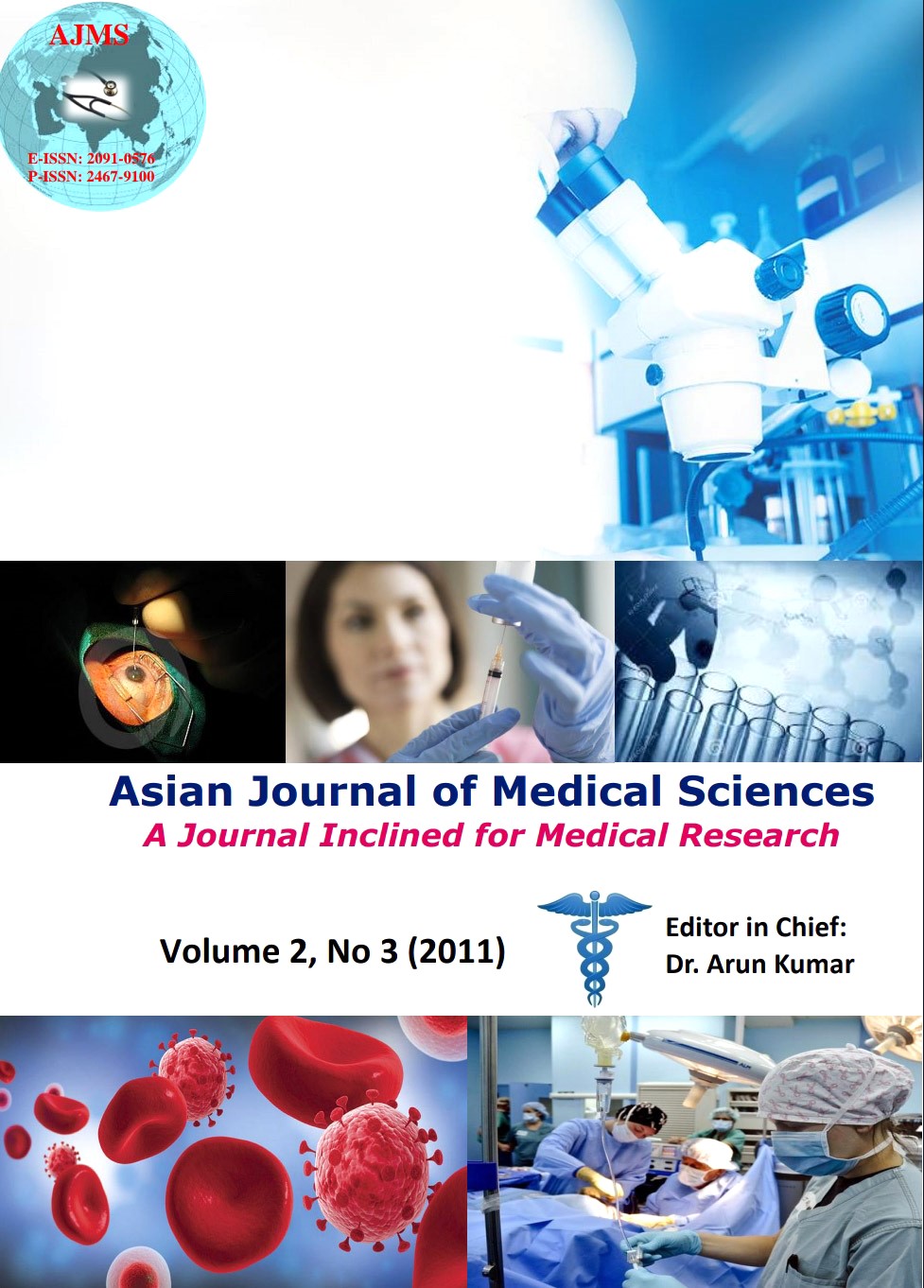Phytochemical and antimicrobial properties of the methanolic extracts of <i>Bombax buonopozense</i> leaf and root
Keywords:
Bombax buonopozense, phytochemical, antimicrobial agent, medicinal plantAbstract
Objective: The leaf and root of Bombax buonopozense which have some ethnomedicinal applications were subjected to phytochemical screening and antimicrobial activity against some disease causing microorganisms.
Material & Methods: The phytochemical composition was evaluated using standard procedures. Susceptibility of these clinical isolates (Staphylococcus aureus, Bacillus subtilis, Klebsiella pneumonae, Proteus spp. and Escherichia coli) to the extracts was determined using the agar diffusion method.
Results: Phytochemical screening revealed the presence of alkaloids, flavonoids, tannins, saponins, terpenoids, steroids, phlobatannins, anthraquinones and carbohydrates (mostly in root). The root extract demonstrated antibacterial activity against all the organisms tested, while the leaf extract had activity on S. aureus and B. subtilis only.
Conclusion: The findings indicate that the root extract contain the most active components which may be used to source antibiotic substances for possible treatment of bacterial infections.
DOI: http://dx.doi.org/10.3126/ajms.v2i3.4222
Asian Journal of Medical Sciences 2 (2011) 190-194
Downloads
Downloads
Published
How to Cite
Issue
Section
License
Authors who publish with this journal agree to the following terms:
- The journal holds copyright and publishes the work under a Creative Commons CC-BY-NC license that permits use, distribution and reprduction in any medium, provided the original work is properly cited and is not used for commercial purposes. The journal should be recognised as the original publisher of this work.
- Authors are able to enter into separate, additional contractual arrangements for the non-exclusive distribution of the journal's published version of the work (e.g., post it to an institutional repository or publish it in a book), with an acknowledgement of its initial publication in this journal.
- Authors are permitted and encouraged to post their work online (e.g., in institutional repositories or on their website) prior to and during the submission process, as it can lead to productive exchanges, as well as earlier and greater citation of published work (See The Effect of Open Access).




